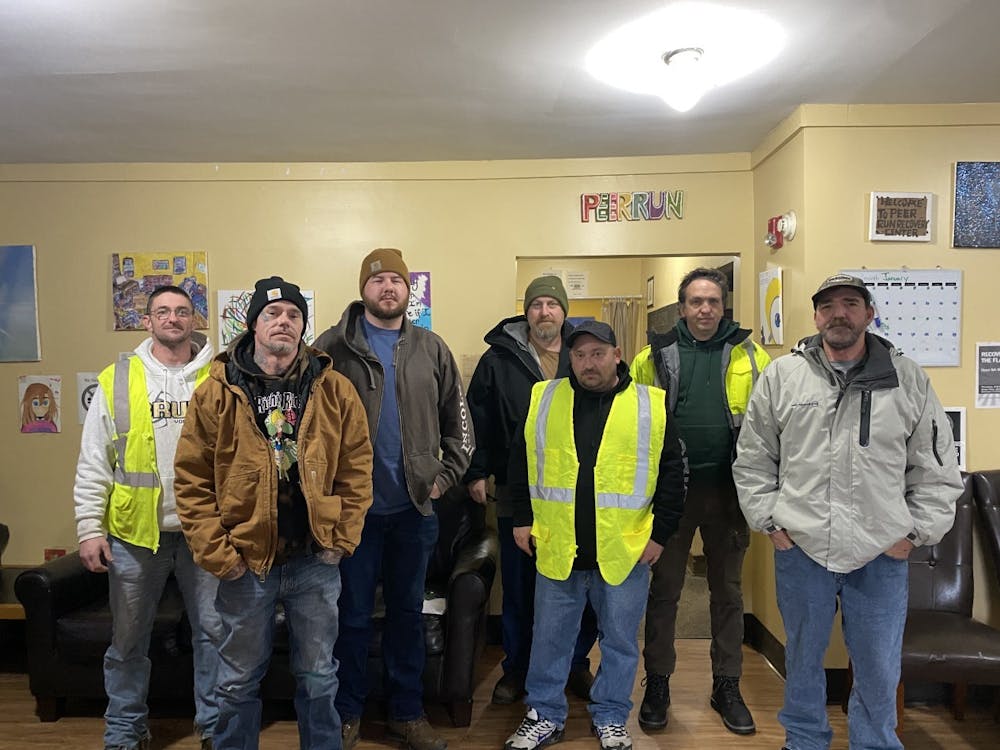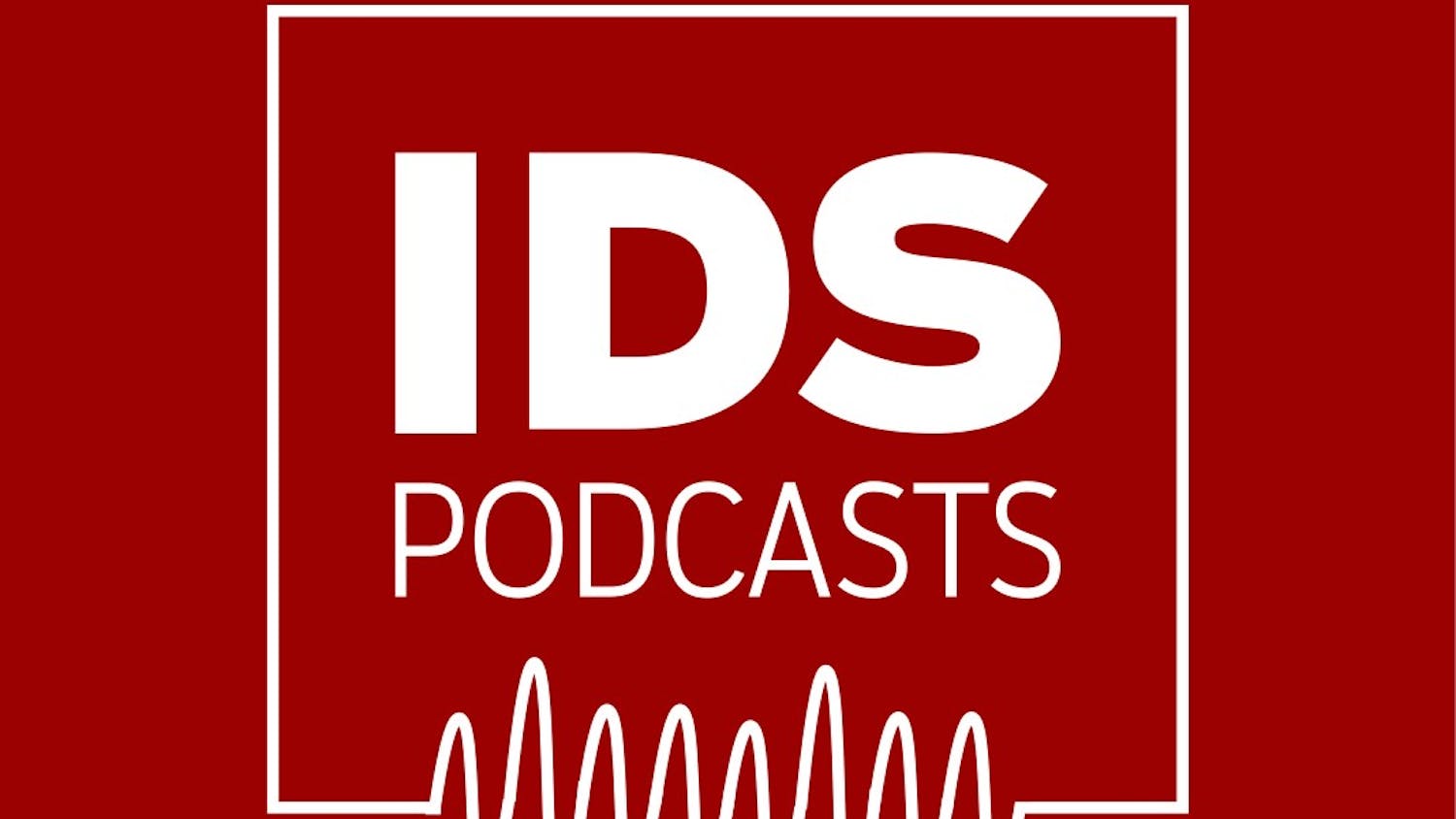From the brick buildings of Centerstone to the busy streets of Kirkwood Avenue, a city jobs program is transforming the lives of people struggling with addiction and mental health.
In 2017, the city’s parks and recreation department began a partnership with Centerstone, a mental health and rehabilitation facility, to provide supportive employment for those in need while also cleaning up parks. Two years later, the program expanded to include the public works department, which focuses on keeping downtown areas clean.
Adam Wason, director of public works, said participants work around six to seven hours a day painting curbs, picking up litter and removing weeds. He said the program is flexible, letting participants work around therapy schedules, and pays the living wage calculated for Bloomington, which is $15.29 an hour for 2023.
[Related: Expansion or relocation: councils debate the future of Bloomington Police Department headquarters]
The program, which just received $350,000 in funding for this year — a $150,000 increase from the previous year — has had several success stories, Wason said.
One success story is Harold Grubb, who now works as a full-time Peer Recovery Specialist at Centerstone after working for the partnership with the parks department.
Grubb says that when he started at Centerstone, he was experiencing homelessness. He didn’t have a job, driver's license or car.
“I didn’t know any other way to live,” he said.
In addition to his job at Centerstone, Grubb now has a home. He also said that the program can be motivating to other people who are experiencing homelessness or addiction.
“They want what you have,” Grubb said.
[Related: Monroe County Central Emergency Dispatch Center workers vote to unionize]
Christina Murphy, who works at Centerstone and oversees the Peer Run Recovery Center, said she is most proud of the fact that individuals experiencing homelessness can receive housing through employment with the program. Even for those who aren’t clients, the Peer Run Recovery Center provides shower services, laundry, meals and coffee for those who need it, she said.
“Nobody’s turned away here,” Murphy said.
Ian Matthews, a client of Centerstone currently working with the city jobs partnership, thinks the housing and employment aspects of the program are critical for recovery.
“I don’t think you can address mental health and addiction until you address basic material needs,” he said.
Many of the job partnership’s participants went to Centerstone as a result of problem-solving court. Problem solving court is a program that offers the option of treatment for addiction or mental health as an alternative to prison time for offenders who struggle with those issues.
[Related: Hamilton announces activation of new nonprofit corporation in Bloomington]
This was the case for Centerstone client Carmon Vincent, who grew up in Pigeon Hill with an alcoholic father who encouraged fighting. Mental health issues and trauma stemming from youth projected itself as criminal behavior, Vincent said.
Describing himself as “hard-headed,” Vincent didn’t start out envisioning himself getting better. Once he started putting in effort, he said, Centerstone helped him turn his life around. After a life of addiction, Vincent has been sober for three years.
“I am a totally different person now,” he said.




